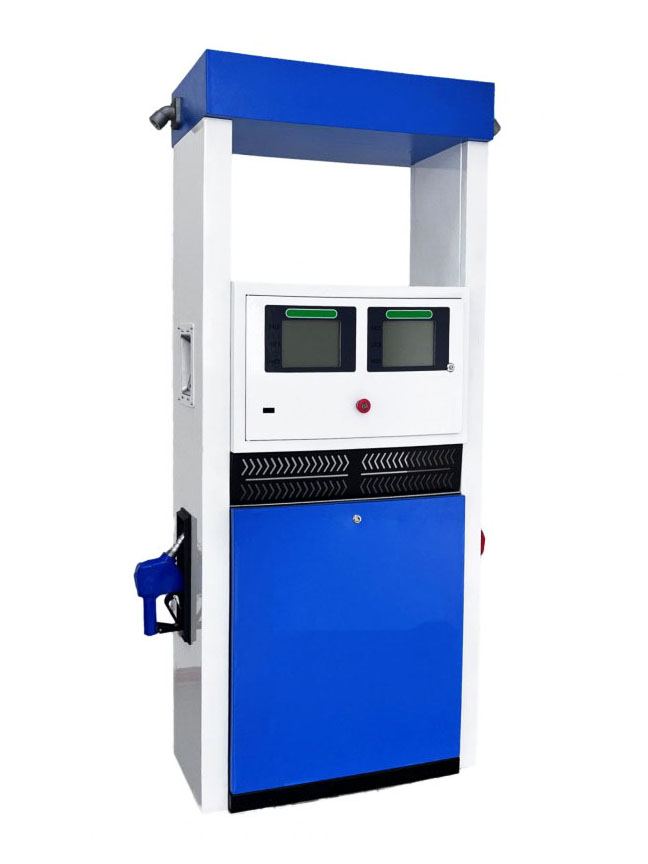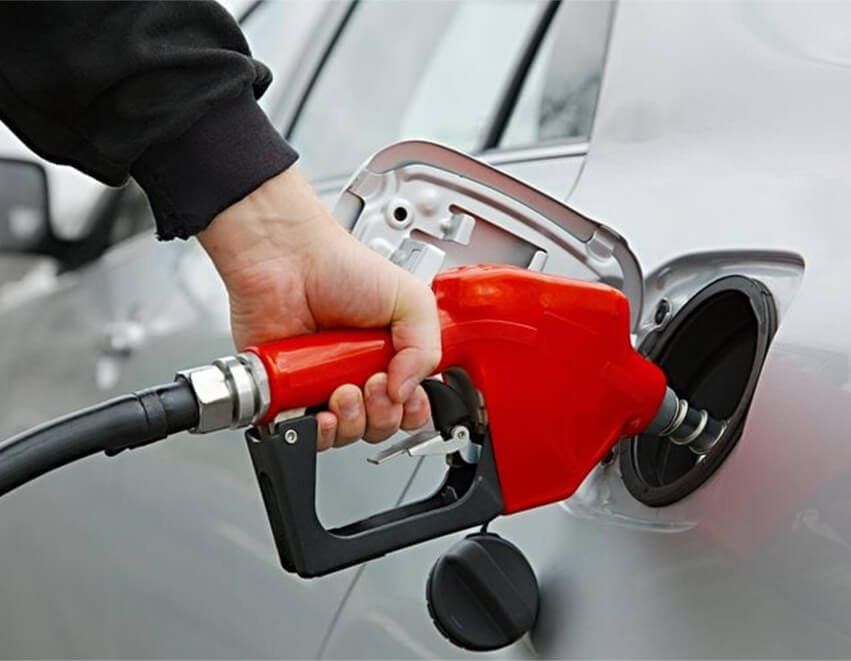Within the domain of energy distribution and fuelling stations, the best fuel dispenser is a key piece of equipment. This vital piece of technology powers cars and other machines by distributing several kinds of liquid fuels. But what is the precise name of this must-have gadget? Let’s explore the variety of terms used to describe […]
Within the domain of energy distribution and fuelling stations, the best fuel dispenser is a key piece of equipment. This vital piece of technology powers cars and other machines by distributing several kinds of liquid fuels. But what is the precise name of this must-have gadget? Let’s explore the variety of terms used to describe the gasoline machine.

The most generally used and accepted name for the gasoline dispenser is “fuel dispenser.” This industry-standard term sums up the machine’s main purpose, which is to dispense various liquid fuels, including oil, kerosene, diesel, and gasoline. Fuel dispensers are a common sight at gas stations and other filling locations around the globe, guaranteeing a smooth and managed flow of energy supplies.
Many regions of the globe, particularly Commonwealth nations like Australia, India, and the United Kingdom, often refer to each other as “petrol pumps.” This expression particularly refers to the gasoline or petrol dispenser. Although local, it accurately depicts the main fuel type that the equipment in those locations uses.
In North America, “gas pump” is the most common phrase. This simple term concentrates on the main fuel that these devices dispense: gasoline, or simply “gas.” Although it is slang, in the US and Canada, it is now the accepted term for gasoline dispensers.
An even more inclusive and comprehensive title for the device would be “fueling station machine.” This phrase recognizes the machine’s wider significance in the context of a filling station, where other energy supplies are made accessible, going beyond its specialized function of distributing gasoline.
A more accurate description of the device would be “liquid energy distributor.” This phrase emphasizes the wide variety of liquid fuels that may be distributed and the machine’s function in spreading different kinds of liquid energy.
One may refer to the device as a “fuel vending machine” in a more transactional sense, particularly in light of the gasoline exchange for money. This phrase emphasizes the distinctive characteristics of gasoline dispensing while drawing comparisons to conventional vending machines.
To emphasize the source of the fuels that are being delivered, the phrase “petroleum pump” may be used. This expression focuses attention on the broad category of fuels made from petroleum, which includes diesel, gasoline, and other related goods.
An even broader phrase to utilize would be “energy dispenser.” Beyond only liquid fuels, this description recognizes the growing range of renewable and alternative energy sources that certain contemporary fuel-powered equipment can use.
The phrase “automated fuel terminal” may have some use in the modern era of technical breakthroughs, especially with automated and intelligent gasoline dispensers. This expression emphasizes the machine’s primary purpose as well as its high level of technical complexity.
If one is more comfortable using technical terms, “liquid fuel station appliance” is one such word. This expression captures the machine’s complex function as a necessary tool for distributing liquid fuel dispenser unit at a gas station.
The equipment that dispenses liquid fuels is known by several different names, which reflect geographical differences, particular fuel kinds, and developing technical advancements. The terminology around fuel machines is vast and varied, ranging from the basic “fuel dispenser” to the more general descriptions like “energy dispenser,” as well as the regional distinctions of “petrol pump fuel dispenser” and “gas pump.” The nomenclature used to describe these devices is constantly evolving in the dynamic field of energy distribution, keeping pace with technological breakthroughs and the growing range of liquid fuels that may be dispensed.




